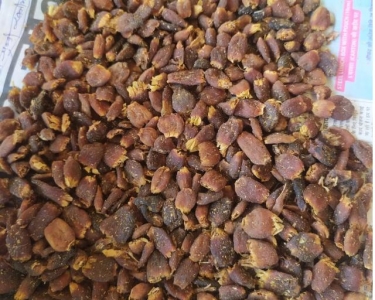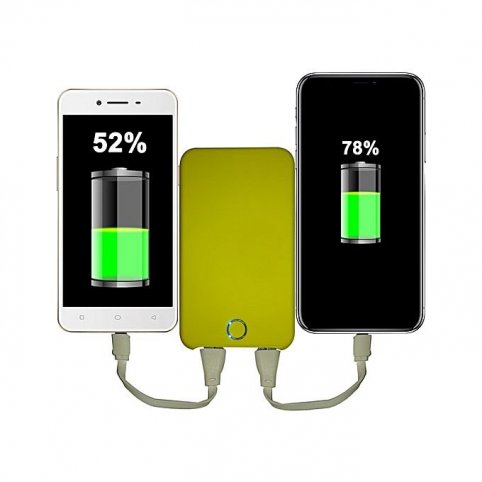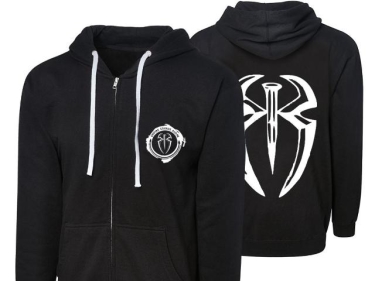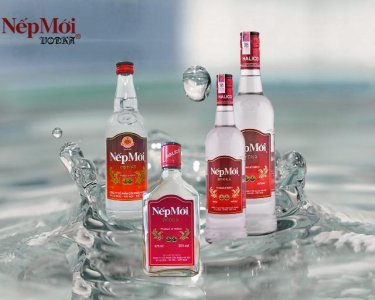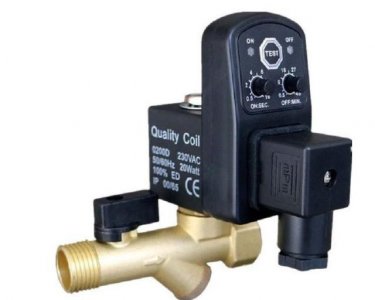Live animals
Couldn't find the product you want?
Fill out this form to request the product.
Products You May Like
Export from Western Sahara
Western Sahara is a small country, situated in the Northern part of Africa, bordering with Morocco, Algeria and Mauritania. The country established its own economy in the late 20th century after it was occupied by Spain. The country set up the strong trade connections after it became a part of Morocco in 1965.
Western Sahara started to gain its position on the international market after the living standards improvement. The roads were constructed to connect the country with the other parts of the continent. The sea roads were aimed to bridge Western Sahara with Spain and Italy which were considered to be the main trade connectors. Farmers in previously isolated valleys were able to transport crops grown in the country’s microclimate swiftly to waiting ships, and then on to the markets of London and Paris ahead of the competition.
In the Moroccan-administered territory, fishing is the principal sources of income for the population. The country has the access to the Atlantic Ocean, the country’s largest source for maritime trade connections. The government concentrate all the sources on the development of fishing and maritime navigation.The country exports fish, crustaceans and aquatic invertebrates (fresh fish, frozen fish, lobsters, caviar and squid) in different European countries.
Western Sahara is considered to be the desert rock that feeds the world with phosphates. Without this natural resource, humanity’s growing population could not feed itself. Phosphate, along with nitrogen, is one of the two most necessary components of synthetic fertilizer. But unlike nitrogen, which makes up 78 percent of the atmosphere, phosphate is a finite resource. And there’s no way to manufacture it.
The top export destinations of Western Sahara are Morocco, Spain, Italy, Greece, France, the United Kingdom, Algeria and Mauritania.
Import to Western Sahara
Western Sahara's main long-term economic challenge is the development of a more diverse set of industries capable of providing greater employment and income to the territory.
Western Sahara has a small market-based economy whose main industries are fishing, phosphate mining, and pastoral nomadism. The territory's arid desert climate makes sedentary agriculture difficult. That is why, Western Sahara imports much of its food. The imported products are: fruits, vegetables, coffee and tea, milling products as well as meat and meat products.
The location of Western Sahara places them near the ocean, providing a valuable means of transportation but also needed water for agricultural and phosphate industries. In such a way, the country imports small boats, such as canoes and kayaks and rigid inflatable boats in order to transport different products from one part of the country into another one. In addition to this, the country imports water towers and water mills to produce electricity.
The country imports the large quantities of construction and building materials, machinery and mechanical appliances and electronics in order to develop the phosphate processing, reducing the time and saving money.
The top import origins are Morocco, Spain, Italy, Greece, France, the United Kingdom, Algeria and Mauritania.
Check Out Export Portal: A Site That Lets You Export Live Animals
If you are looking to buy and export animals, then you came to the right place! Export Portal's Live Animals Department is an online marketplace for sellers and buyers of any livestock. We work to contribute to the live export industry, which brings many economic advantages and other benefits to countries that rely heavily on livestock imports. In fact, in just Australia alone, this industry contributes roughly $1.8 billion to the country's GDP each year. Moreover, it also ensures food security while helping people meet their protein needs as well.
Finding the Right Animal
We feature a wide range of pigs, cows, sheep, goats, horses, rabbits and hares, turkeys, bees, and fish for sale. An increasing number of American, Australian, German, South African, Argentinian, and Italian farmers and companies are advertising their livestock with Export Portal, portraying just how effective and helpful our site is.
To help customers make more informed purchasing decisions, our site lets users narrow down their searches by the age, breed, and sex of the animal. If you are feeling hesitant to shop on our site and want more detailed information, make sure to check out our seller ratings and reviews, which are written by our buyers and customers. We also collaborate with hundreds of trusted international shipping companies that arrange the transport of all kinds of animals and birds to any country in the world.
Online Shopping is More Simple with Export Portal
Export Portal is an ideal site for everyone who is an avid online shopper. Our convenient options make it easy to find and buy whatever you are looking for. Our seller network from all over the world has everything you need, and our customer support team will make sure you can find it. Our wide assortment of products will be sure to provide you with the best shopping experience. Make sure to check out our site and items today!
Customs requirements of Western Sahara
Morocco Customs Office
Representative: Mr. Zouhair Chorfi, General Director
E-mail: z.chorfi@douane.gov.ma
Address: Av. Annakhil, Hay Riad – Rabat – Maroc
Phone: +212 537 579 001/03
Western Sahara is located in northern Africa, bordering the North Atlantic Ocean, between Mauritania and Morocco. It is a very arid area but is rich in phosphates in the Bou Craa region. Consequently, Western Sahara is the world’s largest supplier of quality phosphate rock, with reserves of around 5700 million tonnes.
The official status of Western Sahara is a “non-self-governing territory”, according to the United Nations. The country’s customs are governed by the Morocco Customs Authorities.
Tariffs
The maximum tariff rate is 35 per cent with an additional import surtax of up to 15 per cent on most goods. Imports are also subject to a Value Added Tax (VAT), varying from zero to 20 per cent. VAT is not always paid on locally produced goods such as corn.
Food products are subject to an average of 80 per cent cumulated duties and taxes, meaning the average consumer cannot afford imported food products.
Documentation
1. Trade License
2. Commercial Invoice: Pro-forma invoices are provided in most cases. No special invoice form is necessary. The commercial or pro-forma invoice should: be on the supplier’s letterhead; fully describe the goods in French; indicate the HS code when available; indicate the value of the goods; indicate the currency for payment; indicate the address of the buyer.
3. Import Commitment: is the authorization provided by the exchange office for transfer of foreign currencies from Western Sahara to foreign suppliers abroad.
4. Customs Declaration: is provided by the customs office and is required for import and export through a port or airport. For shipments by mail, a simple form filled out at the post office replaces the “declaration de douane.”
5. Technical Documentation
6. Bill of Landing/Airbill
Labeling
Labels on most foods must show:
- product name (generic and trade);
- type of product;
- dates of manufacture;
- expiry dates;
- methods of preservation;
- ingredients in descending order of composition;
- weights or quantities;
- manufacturer's name;
- importer's name, address and phone number;
- places where the product can be returned or exchanged.
Sources
